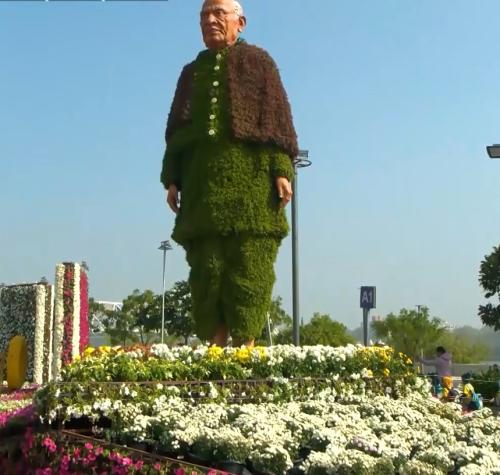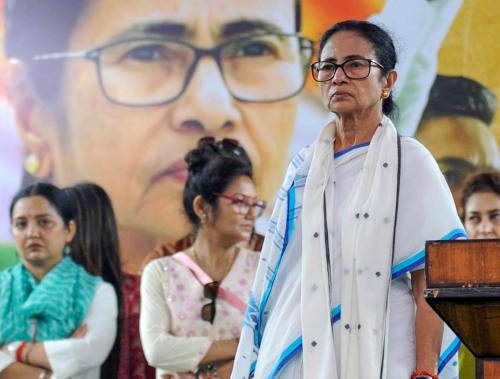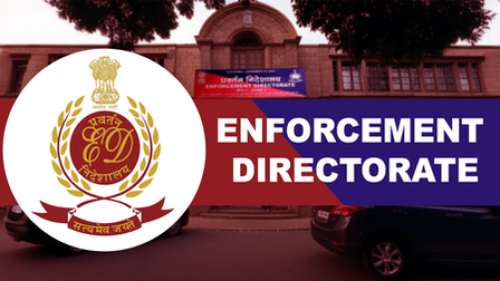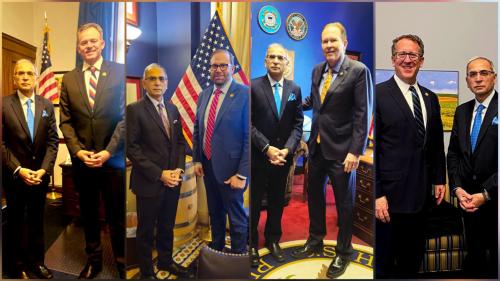New Delhi, Jan 30 (IANS) As India prepares for the Assembly elections in five states, including the all-crucial Uttar Pradesh, Meta-owned WhatsApp is being heavily misused by various political parties as well as individual candidates to woo millions of voters via the automated bulk messaging route. IT cells of various political parties have already prepared lakhs of WhatsApp groups and broadcast lists to reach the smartphones of more than 10-12 crore voters with targeted political messaging. Uttar Pradesh has 15.02 crore registered voters and experts assume that at least 10-12 crore of them own a smartphone with WhatsApp installed. WhatsApp, with voice calling over the internet, is also available for KaiOS-based smart feature phone users. According to Anoop Mishra, one of the leading social media experts in the country, through the bulk WhatsApp API (application programming interface) tools, parties and candidates now avoid the hassle of forming new WhatsApp groups and broadcast lists. "They are directly sending political messages to the voters' WhatsApp for just 8 to 10 paise per bulk message in a fraction of seconds, which is completely illegal," the Lucknow-based Mishra told IANS. He also shared screenshots of several such political bulk messages being offered via various WhatsApp business accounts. The offerings in the name of 'Chunavi Digital Prachar 2022' (or election digital publicity 2022) are: "Turn voters in your favour via bulk SMS, WhatsApp Marketing, Voice Call" and "You can send your voters text messages, images, videos and voice clips on WhatsApp", with "election database available". Some claim to be India's number 1 election campaign providers, offering pin code and Assembly-wise election data, offering "Bulk WhatsApp, Bulk Voice Call and API SMS". All this is happening as the concerned agencies, including the Election Commission of India (ECI), are busy restricting physical meetings/processions etc. via ‘Model Code of Conduct' while targeted voter messaging is rampant on digital platforms, lament experts. "WhatsApp is a big beneficiary of such unauthorised bulk messaging, even though the Election Commission has imposed stringent restrictions on conventional campaigns. Influencing and impacting elections in such an unauthorised manner is a crime under the Indian Penal Code and the Representation of People's Act," Supreme Court lawyer and cyberlaw expert Virag Gupta told IANS. An IANS questionnaire sent to WhatsApp India went unanswered. In 2019, several mob-lynching episodes shook the country. Over 30 people were killed or injured by lynch mobs after rumours of child lifting triggered via messages on WhatsApp. Even the Supreme Court expressed concern over the role of social media in incidents of mob lynching. WhatsApp was then compelled to bring a rule restricting bulk messaging by updating its policy on the unauthorised usage of the app. In December 2019, the company said that it will be taking legal action against those who are engaged in or assisting others in abusing the platform by sending bulk or automated messages. However, such automated bulk messages are back in action, and the WhatsApp policy against individuals and companies who misuse the app by sending such bulk messages in violation of its terms and conditions is being "violated at a large scale in the electoral campaign in the five states". "Political parties and marketing companies are using bots, automation scripts, algorithms and time intervals to bypass this rule," said Gupta. According to Mishra, political parties know that the more they send fake and misleading content to the public during elections, the more viral it will become. "The more viral the fake content becomes, the more it will serve its purpose. Most people do not check the genuineness of the content while forwarding it," he noted. The Assembly elections in Punjab, Uttar Pradesh, Uttarakhand, Goa and Manipur will be completed in seven phases with Uttar Pradesh being the first to go to the polls on February 10, even as the country battles the Omicron-led Covid wave. The counting of votes will be taken up on March 10. Recently, the Madras High Court held that social media companies may also be treated as accused in criminal cases. "In this context, the Election Commission must take immediate action against candidates, parties, and social media platforms for such systemic and large-scale violations of its laws and rules," said Gupta. "Contempt proceedings can also be initiated against WhatsApp for its organised violation of rules framed under the directions of the Supreme Court," he added. (Nishant Arora can be reached at nishant.a@ians.in)
Political parties misusing WhatsApp to woo voters in the run-up to Assembly polls
- by Rinku
- January 31, 2022 2 minutes

Political parties misusing WhatsApp to woo voters in the run-up to Assembly polls.











